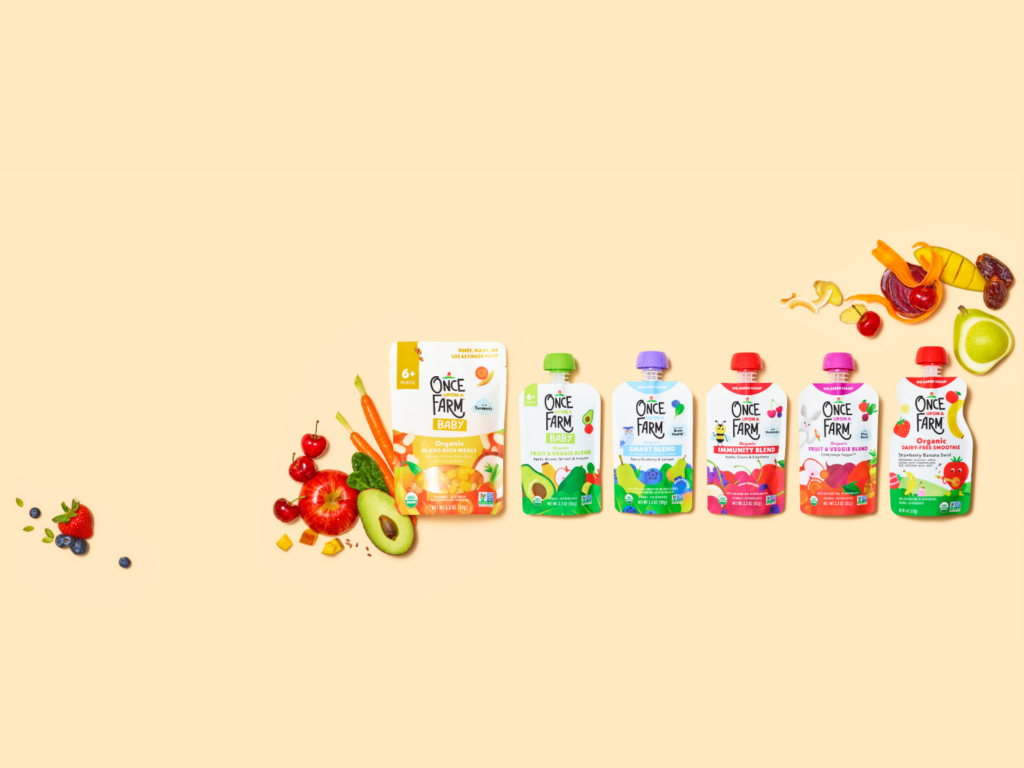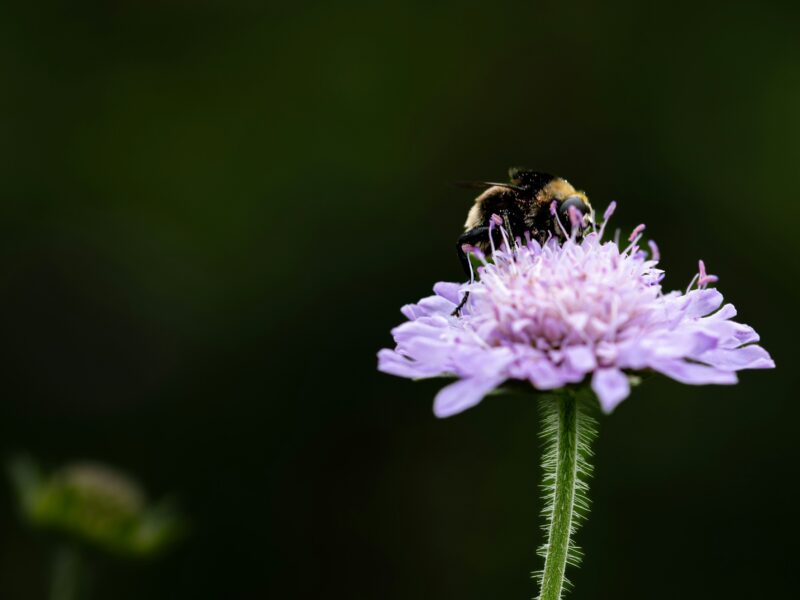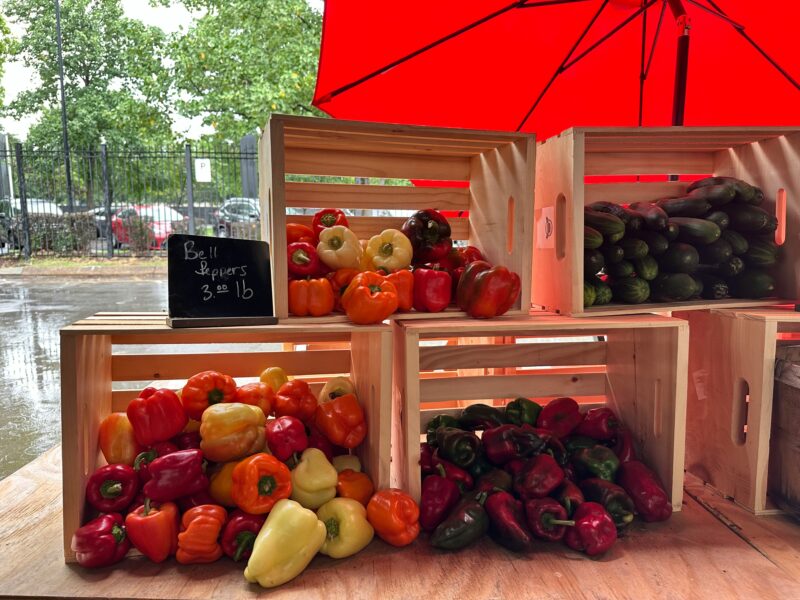Introducing, John Foraker, Co-founder and CEO of Once Upon a Farm, a USDA-certified organic brand. We are thrilled to share this new Only Organic brand partner with you in this exclusive interview.
 Organic Pioneer: John Foraker, Co-founder and CEO
Organic Pioneer: John Foraker, Co-founder and CEO
Organic Brand: Once Upon a Farm
Location: Berkeley, CA
Tell us the story of your organic brand! What is the background history of the brand?
At Once Upon a Farm we have always believed that babies and kids deserve the very best and we’ve built it into our mission not only to craft the best, organic, high-quality snacks and meals on the market, but also to create systemic change in children’s nutrition for a happier, and more equitable world.
Our co-founder, Cassandra Curtis, started the company in 2015. As a working mom of three, she was trying to find healthier options for her kids and it was difficult to find organic, pre-made food at the caliber and quality she was expecting at the supermarket. She knew parents were struggling with the same problem, and it was this dilemma that inspired her to create the first refrigerated, HPP organic, non-GMO baby food brand – Once Upon a Farm.
In 2017, Jen and I joined the company as Cofounders alongside Cassandra and Ari Raz, and we all shared the same passion for building the next-generation nutrition brand for kids, and we’re doing just that. Over the next couple of years, we grew rapidly evolving our portfolio and expanding our consumer base providing organic snacks and meal options for babies and big kids. We also continue to live by our core values which is making a positive impact on the lives of all our customers, employees, and communities we serve.
By 2021, we organized as a Public Benefits Corporation, building on our prior B Corp Certification work, to ensure that our values would be forever imprinted on the DNA of our corporate charter.
Today Once Upon a Farm is available in over 13,000 retail doors nationwide and online through our successful direct-to-consumer business. We’re also on an exciting path of more coolers in the Baby Aisle across all channels including Walmart. This expansion alone has shown increased consumer demand but also our ability to grow our accessibility of organic products.
Our organic, cold-pressed fruit & veggie blends and dairy-free smoothies are enjoyed by millions of families across the country and in Canada. We’ve also expanded into the frozen aisle with our Plant-Rich Meals, a line created for little ones looking to expand outside of the pouch. In addition, we have an exciting innovation pipeline that will introduce -new products and recipes we’ve been working on over the past few years. We have lots to share and we can’t wait for our consumers to try it all!
Why did you choose to create a certified organic product?
We choose to make organic products because we know they are better for both people and the planet. Organic prohibits the use of GMOs, synthetic inputs, and toxic pesticides. This is especially important for babies and young children who are at such a pivotal growth and development stage.
But we also know organic practices have positive environmental benefits like protecting waterways by eliminating runoff from synthetic fertilizers and pesticides.
The certification itself is a rigorous federally defined and monitored certification; it traces all ingredients from their origins in the fields all the way through the final product ensuring best practices. That’s a level of assurance we want to provide our consumers.
How long has your brand been certified organic?
We have been sourcing organic ingredients since day 1. We are currently in the process of getting the business certified as an organic handler as part of the Strengthening Organic Enforcement Rule
Is it difficult to source certified organic ingredients?
On the whole, sourcing organic ingredients has gotten easier over the years as it’s grown in popularity and there’s been more supply. However, it can be challenging to source from smaller farms and most organic farms are smaller in scale. This is because the wash/pack facilities we need all produce to go through are not typically designed to accommodate smaller volumes. We are currently working on developing some strategic partnerships in our supply chain so that we can create access for smaller growers to markets like ours.
What myth would you like to bust about being an organic food pioneer or the organic industry as a whole?
Organic has done a really good job of communicating what it isn’t (no GMOs, no synthetic chemicals, etc.). But there is so much more behind what it actually is. Organic agriculture builds soil health through practices like cover cropping and crop rotations, it protects pollinators and water quality. Organic farmers are actually required to maintain or improve natural resources on their land. And all of this is not only third-party verified but federally defined and enforced. From a consumer health standpoint, organic foods are not only free from synthetic chemicals, but some studies have shown that organic crops have higher levels of antioxidants. There is a lot more to what organic is than what it isn’t.
What is the biggest challenge you face as an organic pioneer?
Organic food is more expensive because the practices that avoid GMOs and synthetic pesticides are often more labor intensive. It more closely represents the “true cost of food.” But as a brand passionate about nutrition access for everyone, it’s very challenging to navigate the dissonance of providing low-cost food that is affordable for all families, while also paying the “true cost” for ingredients that were grown organically. It is a systemic challenge. As a single company, we are working to expand access through our efforts with WIC and our partnership with Save The Children.
Where do you see organic food, farming, and products in the next 5 years?
Organic is only going to keep expanding! Organic products are in 82% of kitchens nationwide. The organic baby category in particular has a growth rate of 11.3% and is a strong entry point for young families. “We know that when a household has a first child, that is a big tipping point for organic. It goes to the first child and then to the whole family. It’s a long-term societal trend that continues to grow.” (OTA 2022 Organic Industry Survey). On the agriculture side, organic continues to be one of the fastest-growing sectors and the USDA has committed over $300M to support farms transitioning to organic and accessing domestic markets.
What advice would you give to a younger generation of entrepreneurs looking to get into the organic industry?
My advice would be to attend the big trade shows, network, and meet people who are in the industry and in particular are working at companies whose products and/or mission resonate with you. This industry is very welcoming of new talent and most people will share and answer your questions. Get involved in internships and just get started somewhere. There’s no better way than just jumping in and contributing and learning. Join an association like the Naturally Network chapter in your area, and you will begin to build a powerful network that will help you navigate the industry in a really good way.









